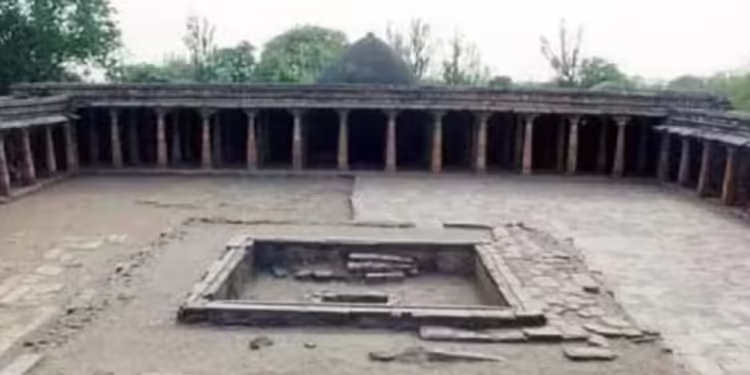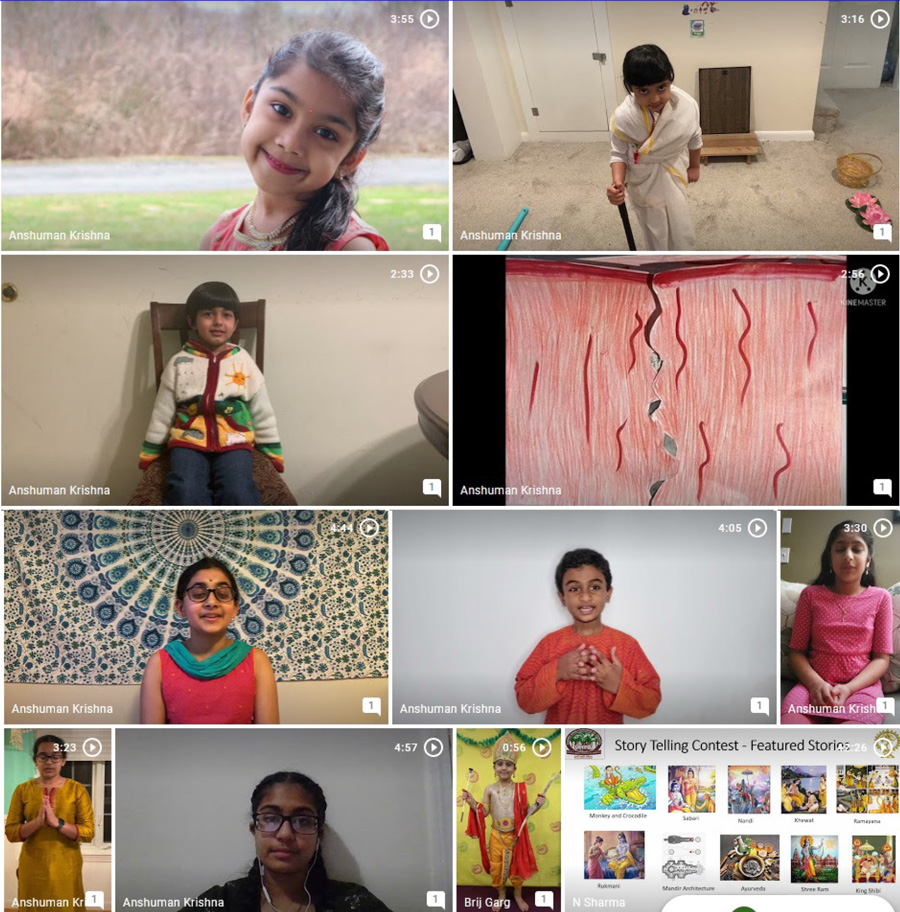The Archaeological Survey of India (ASI) conducted a ‘multi-disciplinary scientific survey’ on Bhojshala, an 11th-century monument in Madhya Pradesh’s Dhar district. The survey lasted for 98 days and discovered more than 1700 remains and other evidence, including 37 idols of Hindu gods and goddesses. The survey was supervised by Dr. Alok Tripathi, the Additional Director General of the ASI, and utilized Ground Penetrating Radar (GPR) and Global Positioning System (GPS) technology.
The Hindu community believes the site is a temple dedicated to Goddess Vagdevi, while the Muslim community refers to it as Kamal Maula Mosque. The findings from the survey, which include idols of various Hindu deities, led the Hindu side to assert that Bhojshala was originally a temple. Archaeologist KK Muhammed stated that the complex was initially a Saraswati temple before being converted into an Islamic place of worship.
An ASI order from 2003 permits Hindus to worship inside the Bhojshala complex every Tuesday, while Muslims are allowed to offer namaz there on Fridays. Muhammed emphasized that both sides should adhere to the Places of Worship Act 1991, which states that if a place was a temple in 1947, it remains a temple, and if it was a mosque, it remains a mosque. He advised both sides to avoid actions that could create problems and suggested that both communities should come together to find a solution to these issues. The High Court will hear the case on 22 July.
Source: Conversation with Copilot
https://www.businesstoday.in/india/story/madhya-pradesh-bhojshala-case-hindu-temple-vagdevi-saraswati-archeological-survey-of-india-asi-kk-mohammed-indore-dhar-high-court-437188-2024-07-15



![[ News18 ] Mayapur ISKCON Temple Hosts Grand Rath Yatra For Lord Jagannath And Siblings](https://hinduvishwa.org/wp-content/uploads/2024/07/img-2-2024-07-15t165849.710-2024-07-53e338937dd54bc0a0e1a207e90146b7-75x75.webp)
![[ India Today ] Ohio senator JD Vance thanks wife, a Hindu, for helping him find Christian faith](https://hinduvishwa.org/wp-content/uploads/2024/06/us-senator-jd-vance-reveals-how-his-hindu-wife-usha-helped-him-find-his-christian-faith-image-re-272530504-16x9_0-120x86.webp)










